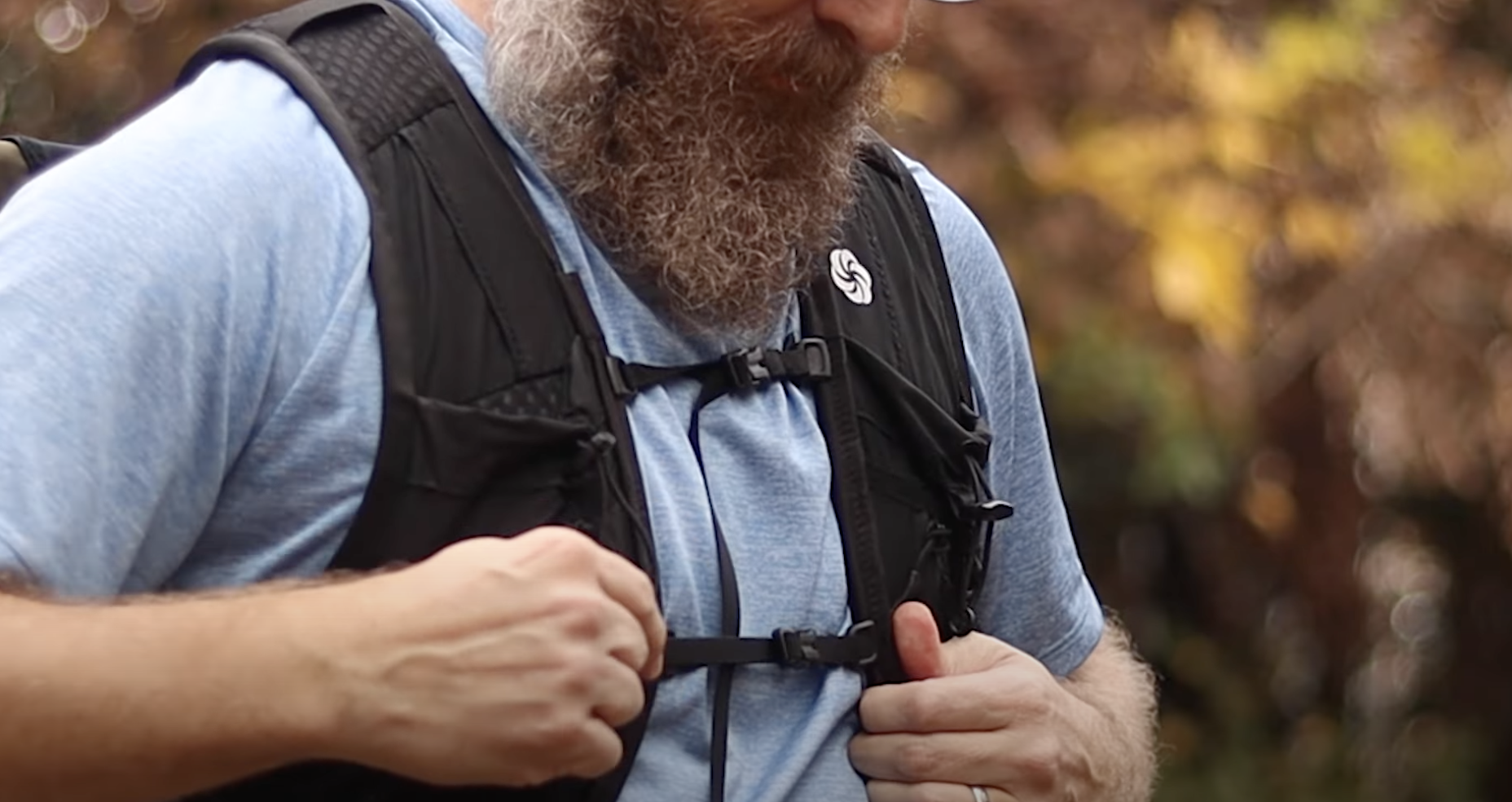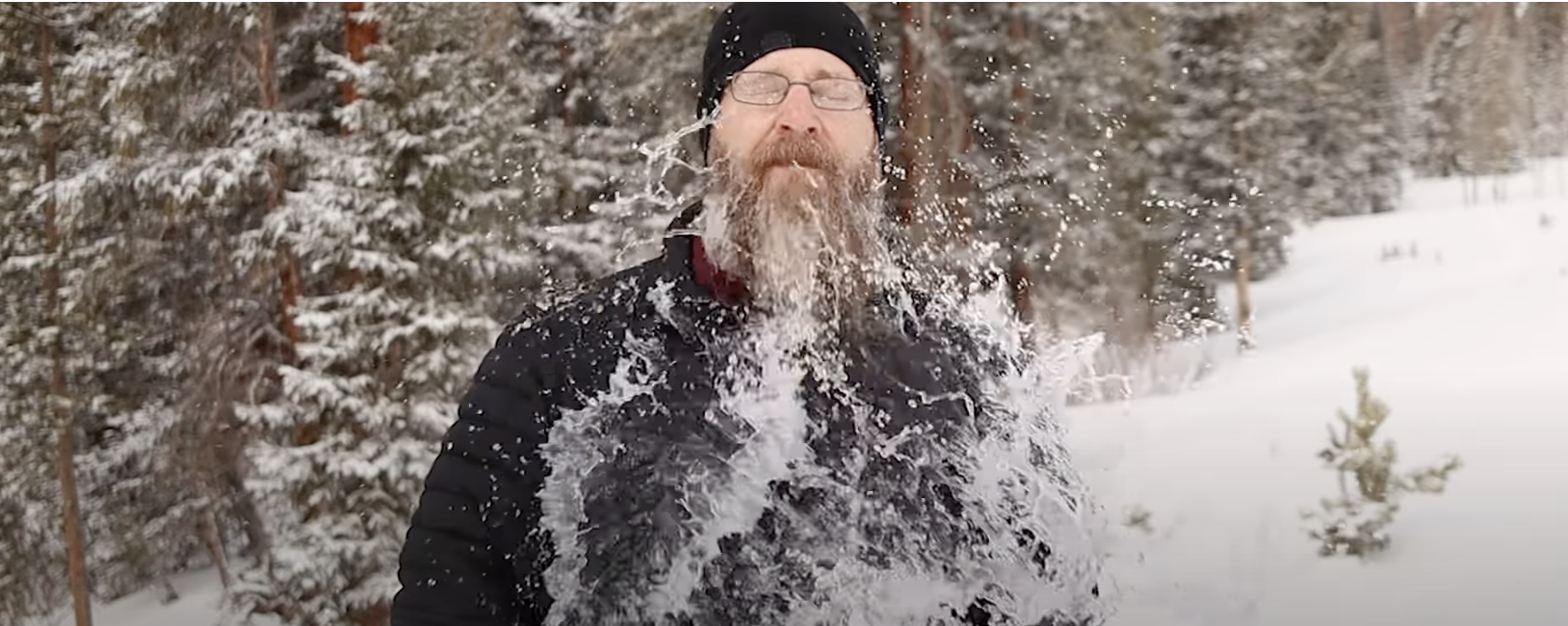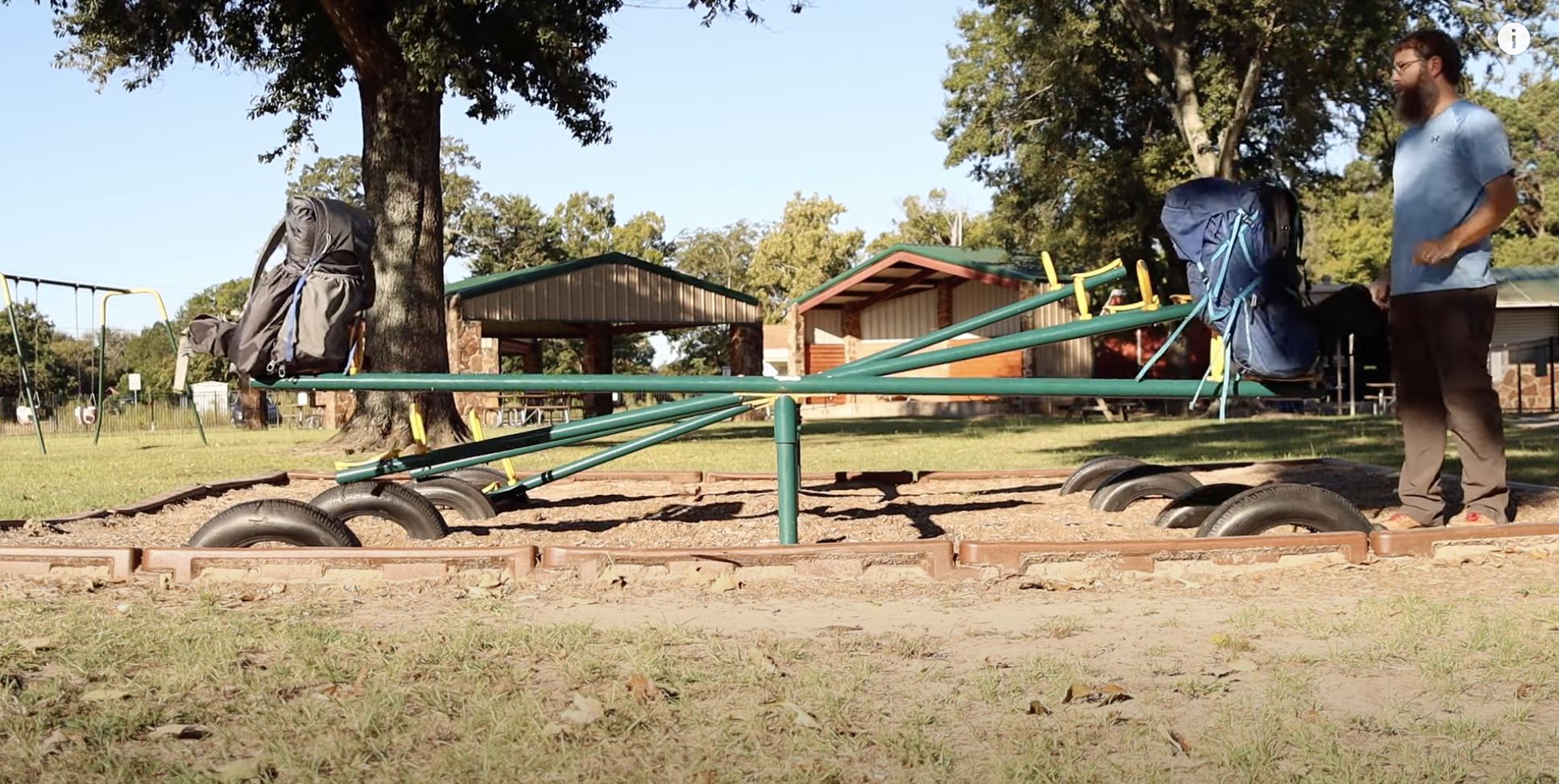
Ultralight vs. Traditional Backpacking—Pros and Cons of Ultralight Backpacking

Do you remember that movie, Twins, from the 80s staring Arnold Schwarzenegger and Danny Devito? The two were twins born as part of a genetic experiment, but separated at birth.
That’s what I think about when I think of ultralight versus traditional backpacking; these two things that are very closely related but drastically different.
So, let’s talk about the pros and cons of both, but we’ll look at it primarily through the lens of ultralight backpacking.
And I feel like I need to say right of the bat that I am not a true ultralight backpacker. I dabble in ultralight, but also enjoy some heavy comforts that hard-core ultralight backpackers would scoff at. I go back and forth. And honestly, I think you have to to make a video like this. Too far one way or the other and you’re going to have a hard time being objective.
And so, starting with the cons, here are the pros and cons of ultralight backpacking. Or if you prefer, you can watch my video:
Cons
Cost
Ultralight gear is expensive, and ultralight gear isn’t expensive. Let me explain.
When most people get into backpacking for the first time, they don’t usually buy the lightest equipment. Most new backpackers don’t start off thinking, “I want to be ultralight.” It just isn’t even on their radar. Usually, you buy some gear, you go out a few times, and then the more you’re out, the more you start thinking about how heavy everything is. And then you start looking at buying lighter gear. And at that point it seems expensive, because you already have expensive gear that is perfectly good. It’s just heavy.
So, when I say going ultralight is expensive, that’s what I mean … going to, converting to ultralight is expensive. The gear doesn’t necessarily cost that much more. But paying several hundred dollars on a new tent or a new lighter pack is hard to do when you already have paid several hundred dollars on the gear you have.
Durability
There is a reason why the term heavy duty has the word heavy in it. The more durable something is, the more weight it has. This is the problem with ultralight gear. Most of the gear we buy—our packs, our tents, our sleeping bags, our quilts—they’re all made of fabric, and to reduce weight, that fabric needs to get thinner, and the thinner it is, the less durable it is.
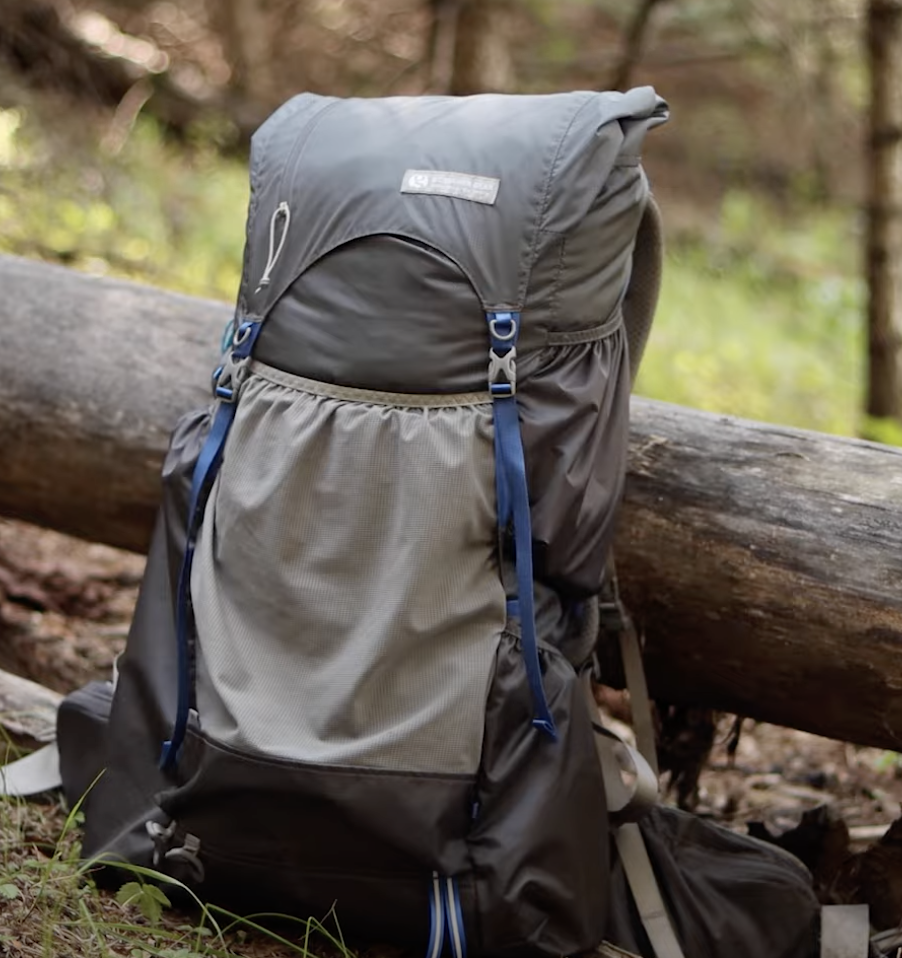
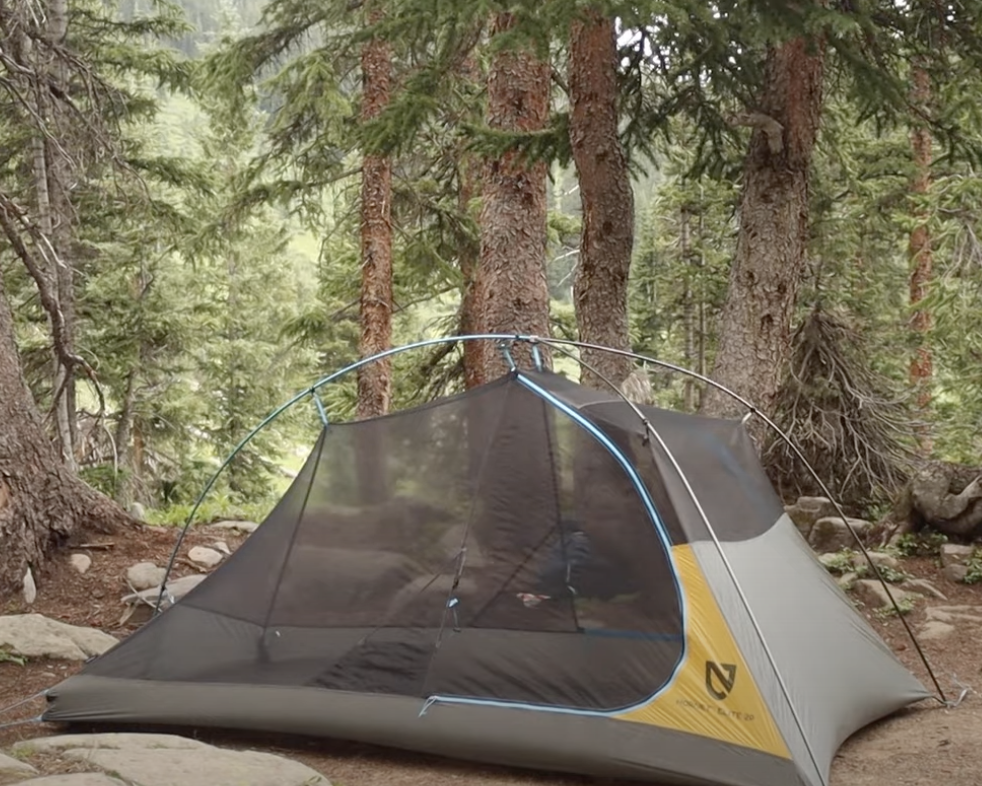
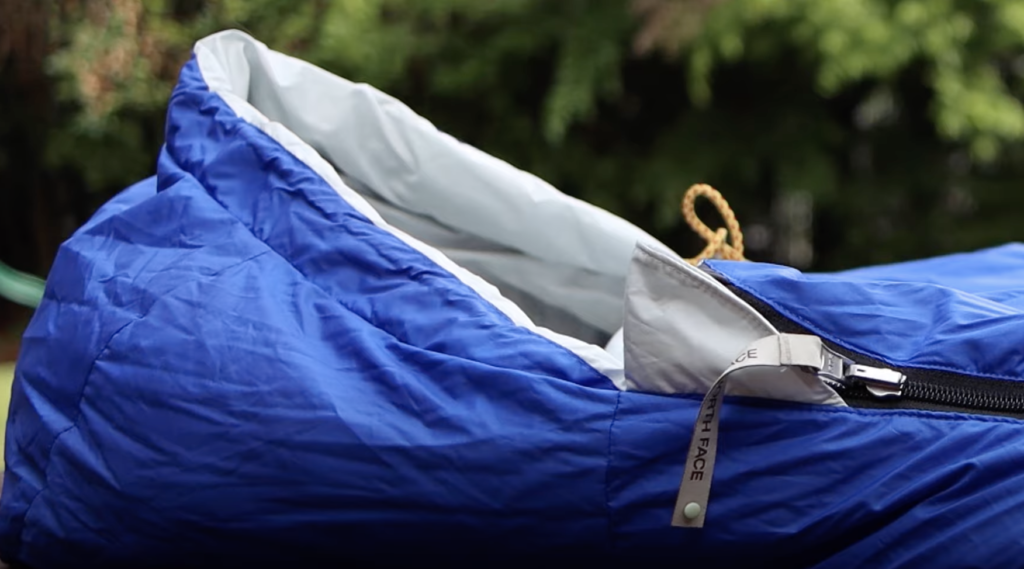
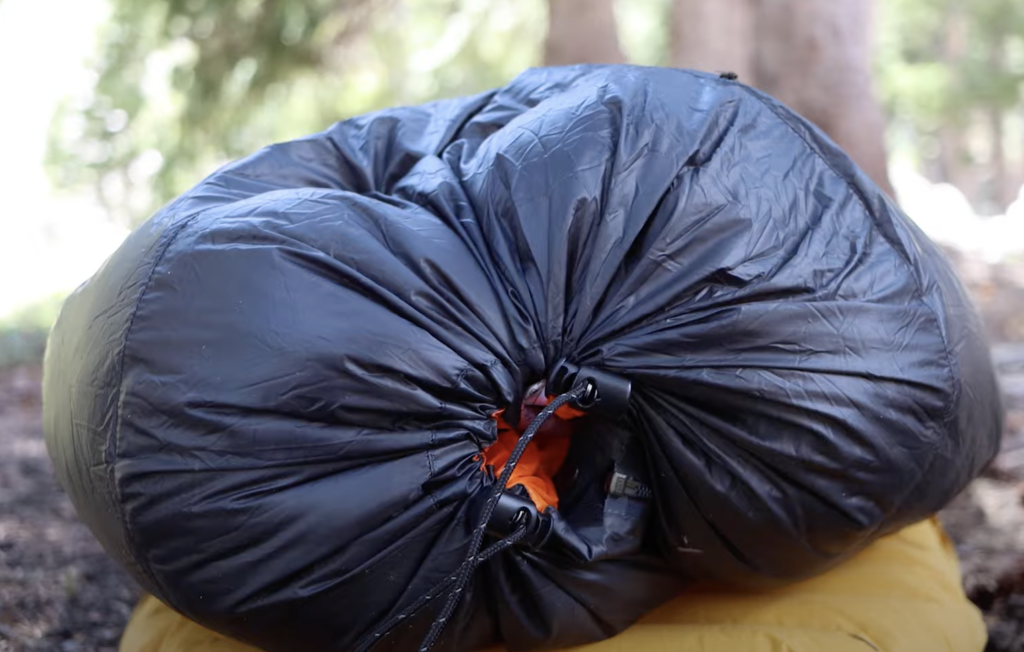
Now, there are some pretty incredible technologies out there like Dyneema and Cuben Fiber, that have really good strength-to-weight ratios. But even those are not as durable as a heavy-duty (there’s that word again) 70D nylon.
Camp Comfort
In general, the lighter something is, the less comfortable it’s going to be. There is a reason why when I go car camping I don’t take my backpacking gear. I take big, roomy tents; a big, plush air mattress; large, heavy chairs; two burner stoves … you get the picture. Because when I don’t care how much something weighs, I realize these larger, heavier items are more comfortable. Just like when I’m at home in my bedroom, I don’t sleep on an air mattress because my big, plush bed is a thousand times more comfortable. And a thousand times heavier.
The same is true of ultralight gear. The tents are smaller, the sleeping pads are more narrow, and the titanium pots are good for boiling water and not much more.
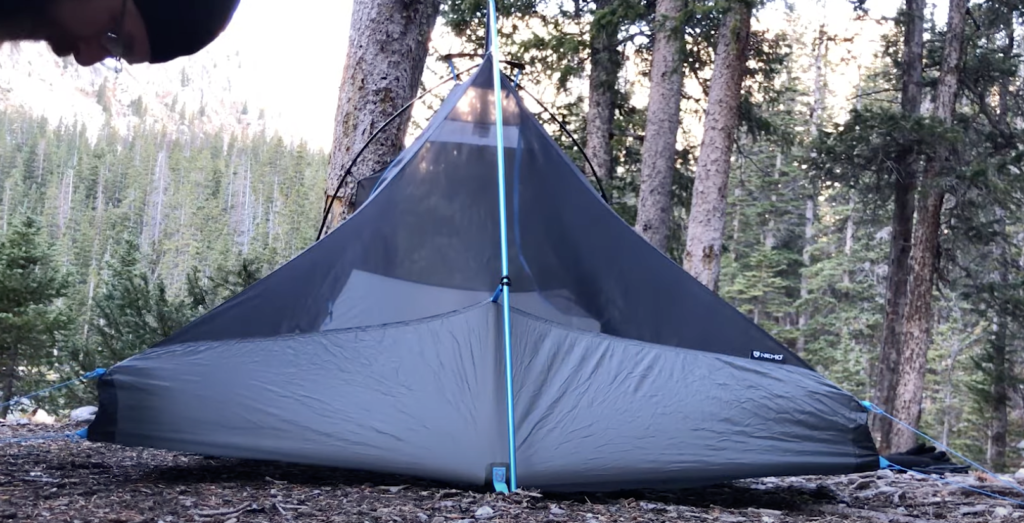
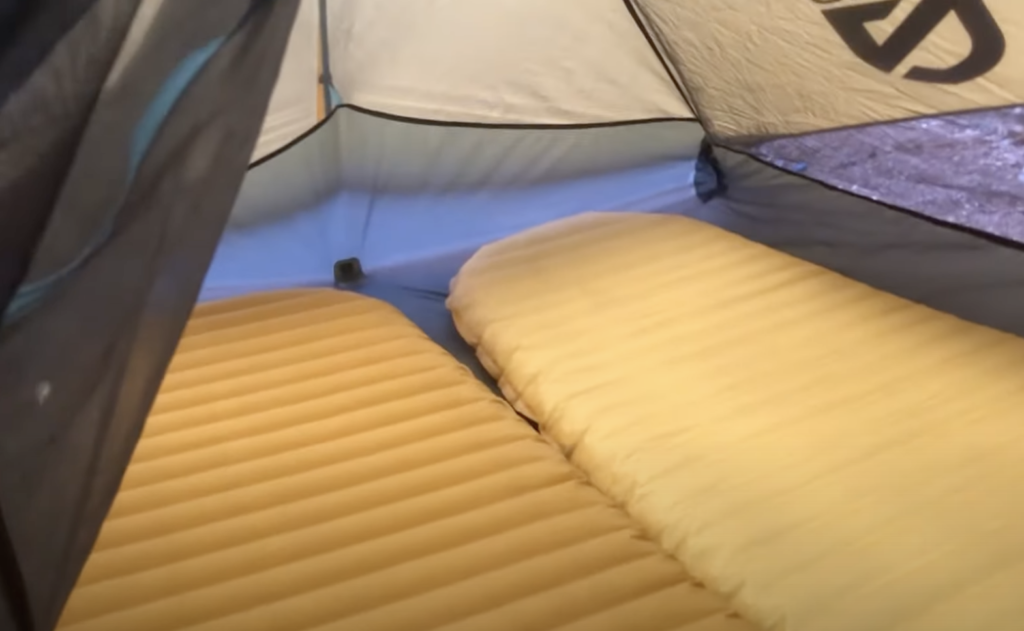
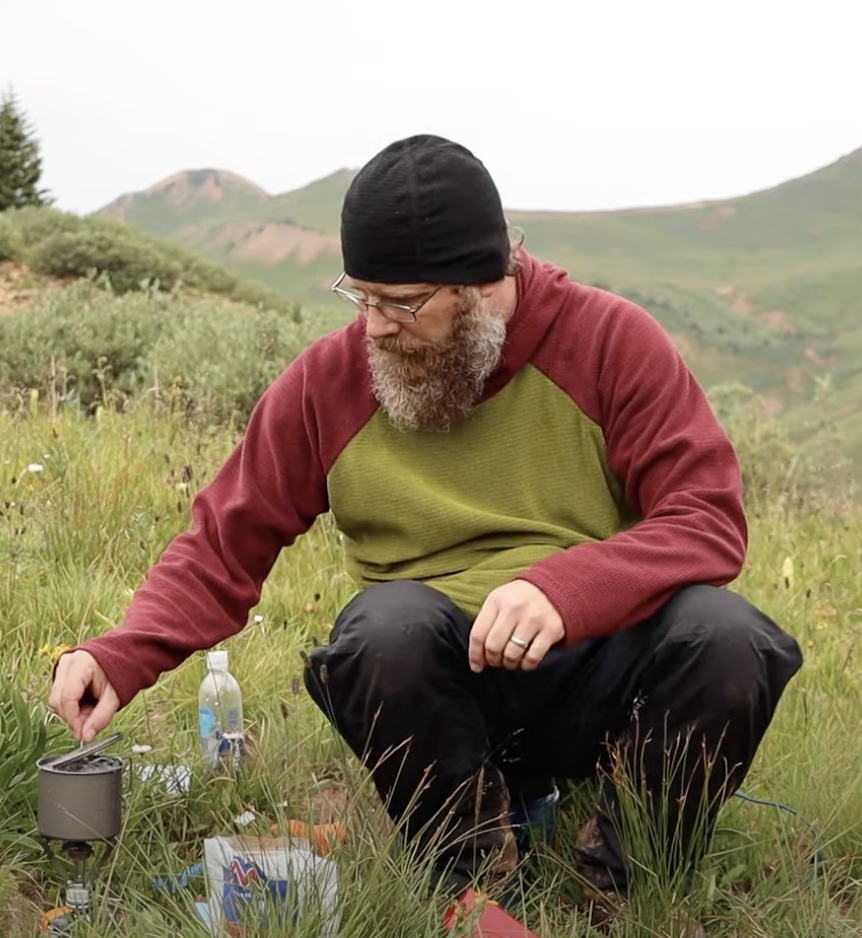
You aren’t likely to take a chair, or a book, or a backpacking oven. (Yes, backpacking ovens are a thing. I even have a whole video about it.)
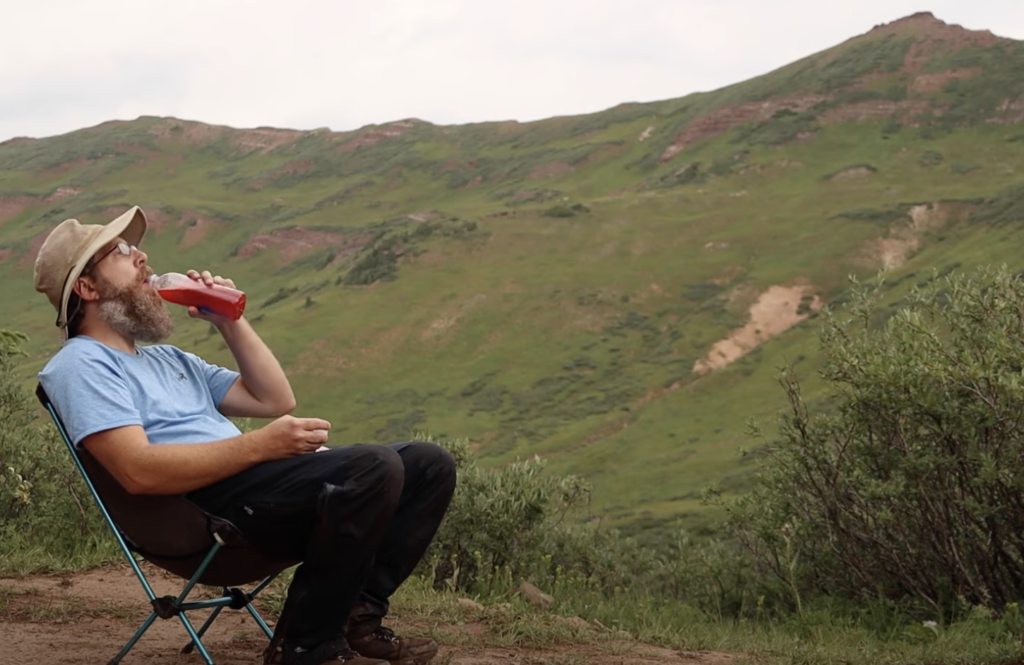
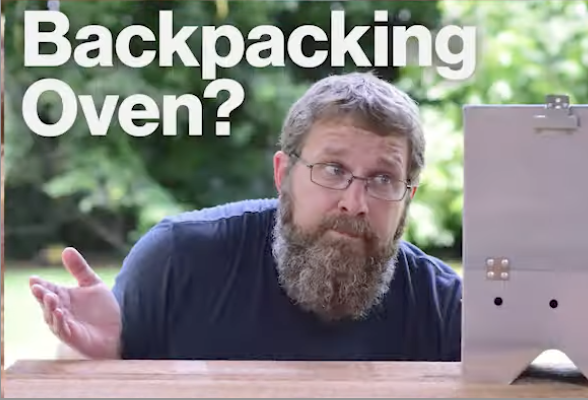
So, there is certainly a trade off when it comes to how comfortable you are.
Pros
Challenge
The challenge of ultralight is also part of the fun.
Ultralight is a mindset of simplicity. I love to car-camp with my family. But if you ask me what I prefer, I prefer backpacking for one main reason: It’s just simpler. It takes up less room, everything is right there on my back, I don’t have to worry about, “where did I put this or that piece of gear,” because the answer is always … in my pack.
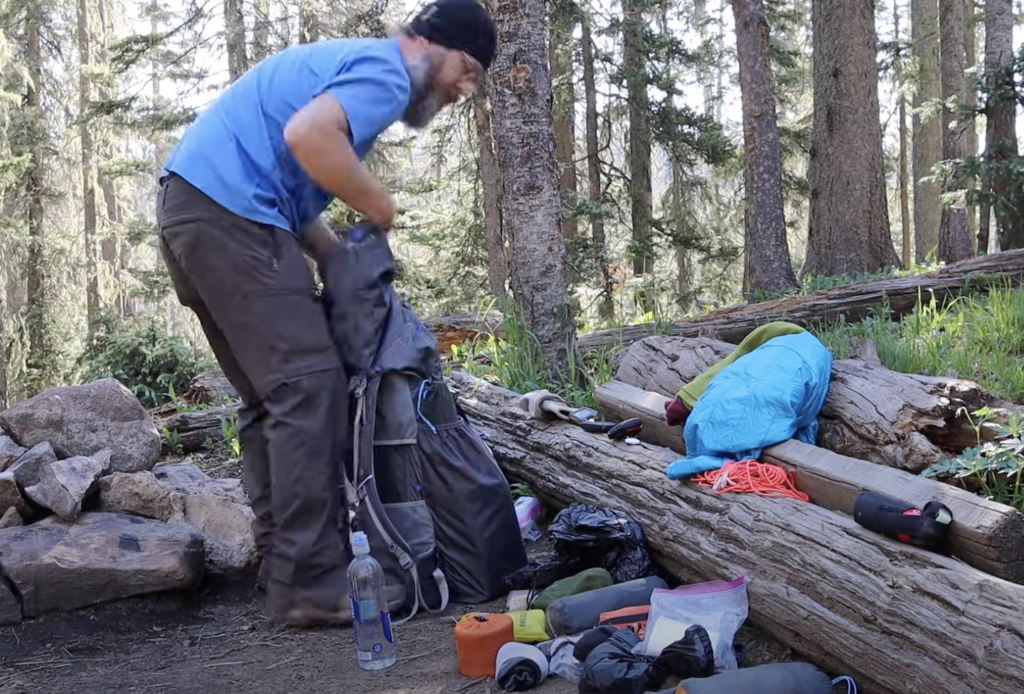
I love the simplicity of backpacking. And ultralight backpacking takes the idea of simplicity as far as it will go.
It’s almost like a puzzle. How do I take all the things I need to take while keeping my base weight as low as possible? What gear do I switch out or upgrade? What can I modify? What can I leave behind and what can I not? If you love gear, researching gear, and just plain thinking about gear, then you will love ultralight simply for the challenge.
Joints

No, not that kind of joint.
Your knees, your ankles and your back. If you have ever suffered from a knee injury, or even just knee pain, then you are someone who can appreciate ultralight backpacking. Because less weight in your pack is easier on your joints. I especially hear older hikers talking about this. They claim that ultralight backpacking has allowed them to continue their passion well into their later years. It’s almost like traditional backpacking is a young person’s game.
Hike Farther
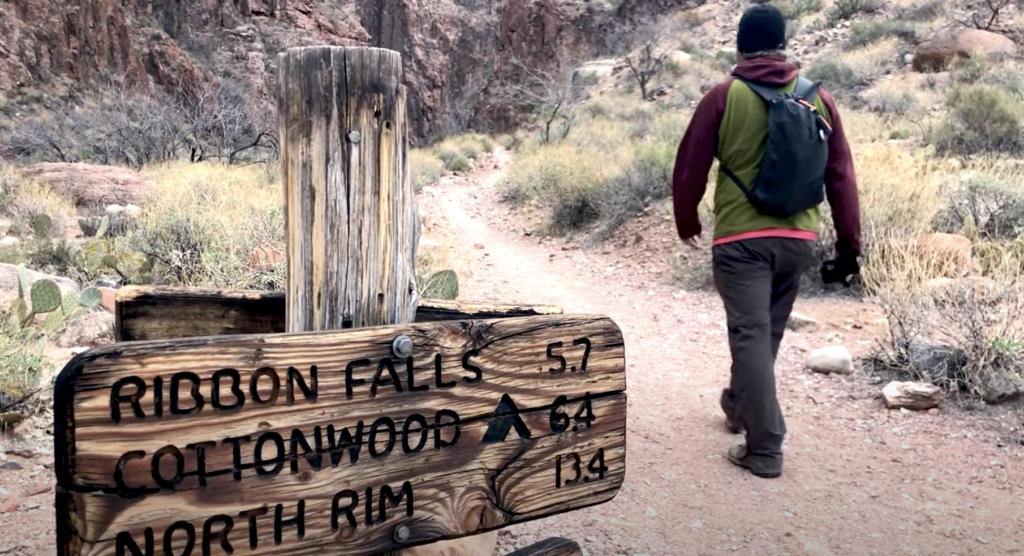
No matter what your age, it’s hard to deny that a lighter pack allows you to hike farther, faster. Think about a car pulling a trailer. Your car can certainly do it, but the more stuff you put in that trailer, the more it’s going to bog down and use more fuel, especially when it starts going uphill, and it will be harder on the breaks going downhill. The same is true of backpacking. Just think about day hiking and how many more miles and how much faster you’re able to hike with a daypack. Now imagine that all the time, and you can see the appeal of ultralight.
Comfort
Once again, it comes back to comfort. If traditional backpacking is more comfortable at camp, then ultralight is more comfortable on the hike for all the reasons we’ve already talked about.
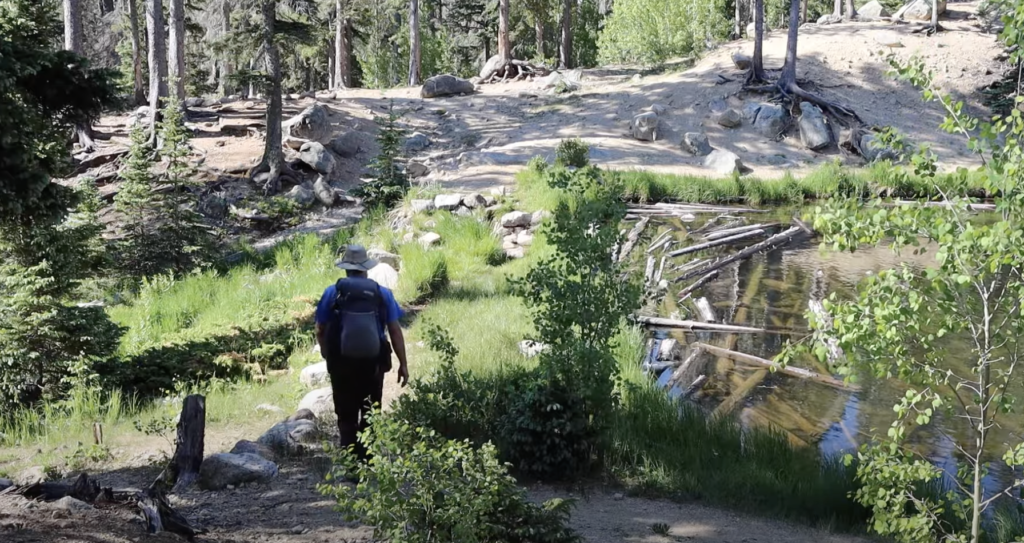
I heard someone put it this way: The pro of ultralight is you take less stuff. The con is you take less stuff. The question is, what is more important to you?
Seriously, I’d love to know. Are you an ultralight backpacker or more traditional? Leave me a comment and let me know.
Remember to follow me on Instagram at YouTube at MyLifeOutdoors.
And as always, thanks for stopping by.



